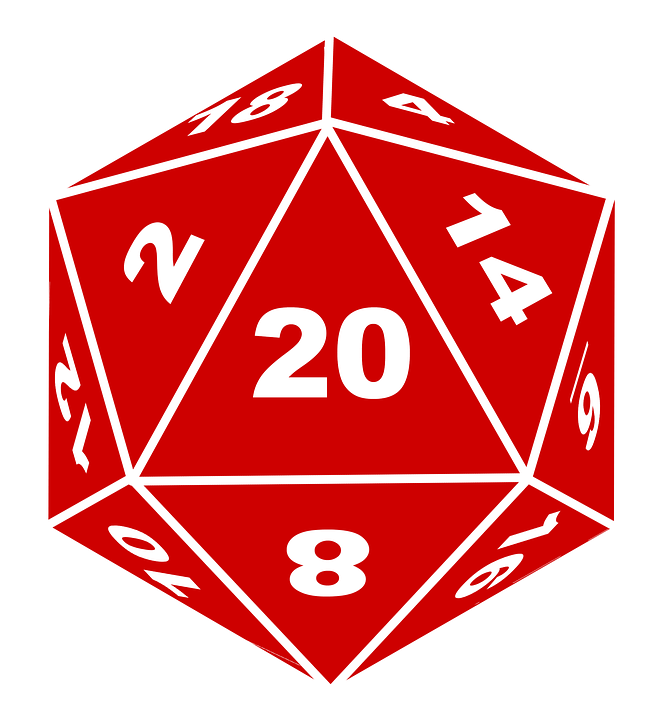Incarna Gaming Network
Choose your world… and bring your characters to life!
Crafting and Trades in the Steel Realms
Crafter’s Mark: The use of an item made by a famous and recognized crafter (or their guild/trade/school) may also be the equivalent of a Prestige Marker. Of course, the cost in currency crafting of items is dependent on the availability of goods and/or special materials. Local criminal enterprises are involved in currency, trade, items of all kinds, even local banking (money keeping/lending) and in some cases controlling crafters and their goods production.
The Blacksmith in Culture
Smiths of all sorts are held in high regard. A smith can always find a job, wherever they go. Many are employed in the Army of the High King. Most deal in base metals and low quality steel. Finding a war smith to work higher grades of steel and the occasional meteorite is difficult. The Ducateon are best known for their ability to work metals and stone, as are their smaller cousins of Dumastorian blood – the Kobolds. The half breed Dwarven culture also is known for their skills. Good craftsmanship is always recognized and appreciated, no matter its source. The thousands of years of war has made all crafters think twice about who they sell to, as creating quality items for those that may destabilize an area or situation (racial and national prejudices abound) can come back to the crafter who made it. Unscrupulous ones will not put their mark on their work.
War Smith: War is a way of life in the realms. There is always enemies about, north, south, and east – all border places which have an abiding hatred of the realms and it peoples. Those who practice the arts of war, and the artisans (smiths, etc.) always find a willing lord or cause. Weapons of quality are often gifts for services, and even the lowest soldier takes pride in their armaments – the better to advertise their prowess. The churches often grant their champions weapons imbued with holy might, and there are many a smith who has dedicated himself to serving one of these deities with their skills. Great weapons of magic are only forged for a reason. Such weapons, often a combination of faith and magic, are carried by heroes of legend. When they fall, they are recovered and passed on to the next hero or champion. The most famous weapons reside in the Hall of Heroes. A few select smiths can work Beryllium, making a lot of different composite weapons.
- Ducateon: The Ducateon smiths wont make and/or sell to just anyone. Their smithing and work with alloys is excellent, rivaled only by their kin the Dwarves. They will not handle commissions for or by half-breeds of elven or Orrish blood – their chaotic nature making them dangerous to arm. They are not stupid, and may realize that its being done by proxy, but creating an item tailored for a specific individual wont be done.
- Dwarves: Dwarves have nearly the same metal-working (not stone) capability as their Ducateon sires, and are a lot more pragmatic about who they use their craft skills for. They will assess the individual, not their race. If there is either doubt or inability to make a good assessment, they will error on the side of caution. Of course, if an accepted/allied religious or political vouches for an individual, any normal restrictions don’t apply.
D20 Blacksmithing
The Blacksmithing rules for the Steel Realms use the standard generic artisan rules for blacksmithing.

 iD20
iD20